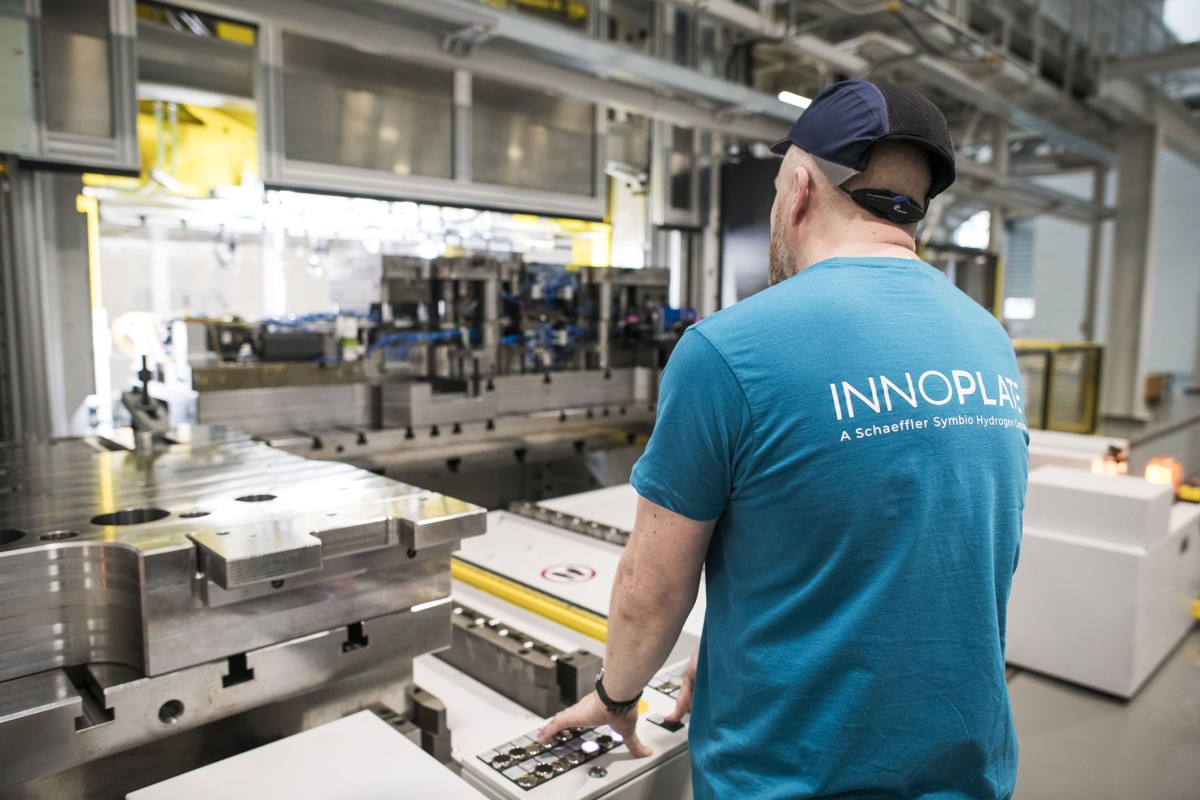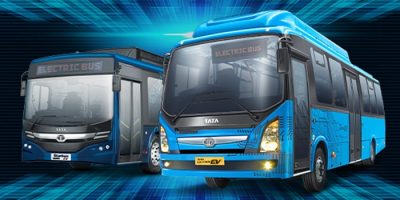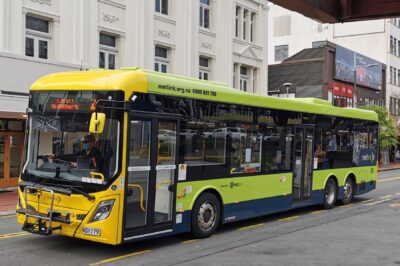Innoplate begins production of bipolar plates for fuel cells in France
Innoplate’s factory near the Franco-German border has gone online with an initial capacity of four million bipolar plates and is expected to reach an output of 50 million units per year by 2030. The biploar plate factory began series production in the first quarter of 2024 as intended when the project was announced in 2022.
Innoplate was founded in 2022 to produce biplar plates for its two equal shareholders, Symbio and Schaeffler. The bipolar plate (BPP) is a central component of the fuel cell; it primarily regulates the inflow of hydrogen and air as well as the outflow of water vapor and energy. It is therefore a crucial component for the efficiency and effectiveness of the entire fuel cell. Innoplate’s main focus is on the production of next-generation bipolar plates for the entire market of fuel cells with proton exchange membranes (PEM).
Haguenau, where the new plant is located, is also where Innoplate is headquartered and where Schaeffler also has a plant. Symbio produces in the greater Lyon area. The Innoplate project is being funded by the France 2030 investment program.
Schaeffler says it is contributing its industrialization expertise and OEM expertise in areas such as steel processing and coating technology to the joint venture. Schaeffler debuted a fuel cell van in 2022 and introduced its new generation of bipolar plates for PEM fuel cells in 2023. Symbio will contribute its know-how in the design and manufacture of fuel cells.
Klaus Rosenfeld, CEO of Schaeffler AG, said: “At Schaeffler, we are convinced that hydrogen will play a fundamental role in the sustainable mobility of tomorrow, especially in the heavy-duty area.”
Symbio is itself a joint venture, founded in November 2019 by Faurecia and Michelin and established as a fuel cell manufacturer focused on the European market. It expanded into the US in August 2022. Stellantis joined Symbio as the third shareholder in mid-2023 and has been one of the joint venture’s close partners, as it relies on Symbio’s stacks for the fuel cell versions of the Opel Vivaro-e and its sister models. As part of its strategic plan Dare Forward 2030, Stellantis is pursuing, among other things, the expansion of its hydrogen offering to larger commercial vehicles – starting in 2024 in Europe and from 2025 in the USA.
In 2021, Symbio entered a deal with French bus manufacturer Safra for the production of 1,500 hydrogen buses. In 2022, Symbio agreed to supply the French heavy-duty vehicle developer Gaussin with hydrogen fuel cells with Symbio’s “H2Motive” product range, which is to be customised for Gaussin vehicles. Gaussin had presented the fuel cell version of its logistics vehicle for container transport ATM H2 earlier the same year. The ATM was already available in a battery-electric version.
In the USA, Symbio was granted the California Energy Commission Award for hydrogen fuel cell truck development. This gives the partners the chance to develop and demonstrate a hydrogen-fuelled, regional-haul Class 8 truck.
“The establishment of a hydrogen economy and the transition to sustainable energy resources will largely depend on the industrialization of reliable supply chains for the new technologies. Our Joint Venture with Symbio is a great example for this approach,” says Schaeffler CEO Klaus Rosenfeld. “As a global company that is headquartered in Germany, we are also very happy to partner with Symbio in France and foster the Franco-German cooperation in this important area.”





0 Comments